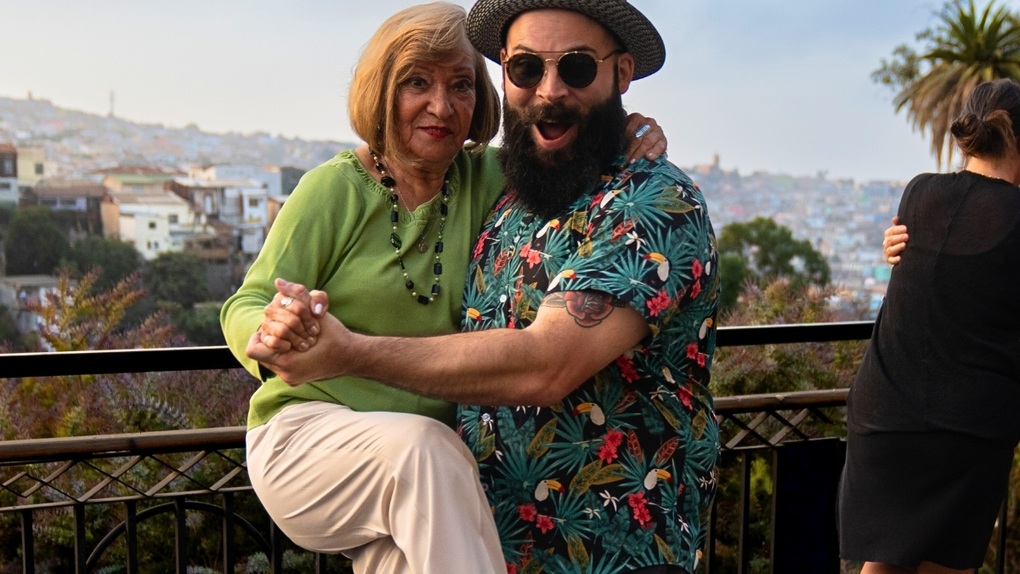
Researchers have found that creative activities, such as dance classes—specifically tango—are particularly effective, or art classes, music lessons, or a hobby like playing games, all have a positive impact on the "brain clock" of artificial intelligence (AI).
According to the research team, the longer people practice and dedicate themselves to their favorite art form, the younger their "brain clock" becomes, meaning their ability to process information and maintain cognitive flexibility is higher.
"We asked the lead researchers to explain this mechanism in more detail, and the results were surprising," the authors said.
What is brain health?
Brain health is the optimal state of cognitive, emotional, and social functioning, enabling individuals to maximize their potential, maintain intellectual resilience, and adapt flexibly to changes throughout life.
Unlike the concept of "not having any disease," brain health is defined by the efficient, sustained, and integrated functioning of brain regions, enabling individuals to maintain their quality of life, thinking abilities, memory, and decision-making skills every day.
Brain aging is a natural process involving changes in structure, neural connections, and metabolic activity over time. These changes may or may not reduce brain function, depending on lifestyle, diet, physical activity, and level of intellectual training.
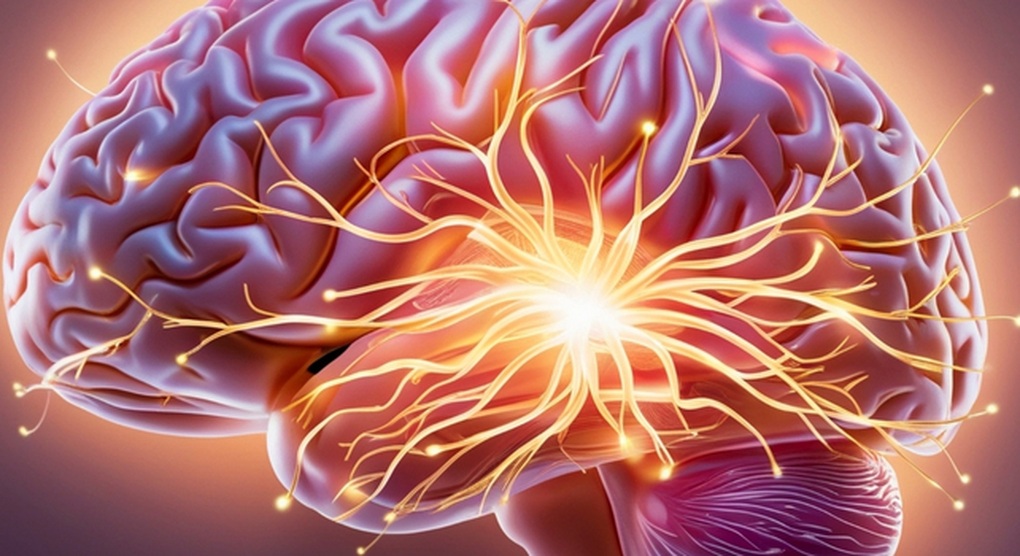
"Brain clocks" are machine learning (AI) models designed to estimate the biological age of the brain, based on brain scan imaging data or neural activity. These models compare neural images, electrophysiological signals, or molecular markers to standard human brain data at various stages throughout life.
This allows scientists to identify what helps the brain maintain long-term health, and conversely, what causes the brain to age faster.
What do the researchers want to find out?
Scientists want to test whether creative activities like drawing, dancing, playing music, or designing not only bring joy but also actually help the brain become healthier biologically.
Although there is evidence suggesting that art can improve mental health, the mechanisms by which it affects the brain are not yet fully understood.
Neuroscientists Carlos Coronel and Agustín Ibáñez conducted a study on nearly 1,400 people in various countries, including professional and amateur artists of similar age, gender, and educational background.
They recorded brain activity using electroencephalograms (EEGs) and electroencephalograms (EEGs), then used machine learning to create a "brain clock" that predicted the brain's biological age. If the "brain age" was younger than the actual age, it indicated that the brain was aging more slowly.
To gain a deeper understanding, the team also developed "physiological models," digital replicas of the human brain, simulating real-world activity based on biological and physical principles, rather than just AI models.
Preliminary results suggest that those who are regularly creative have a "younger" brain clock, indicating that art may act as a form of "exercise" for the brain, helping to maintain flexibility and slow down neurodegeneration.
The findings
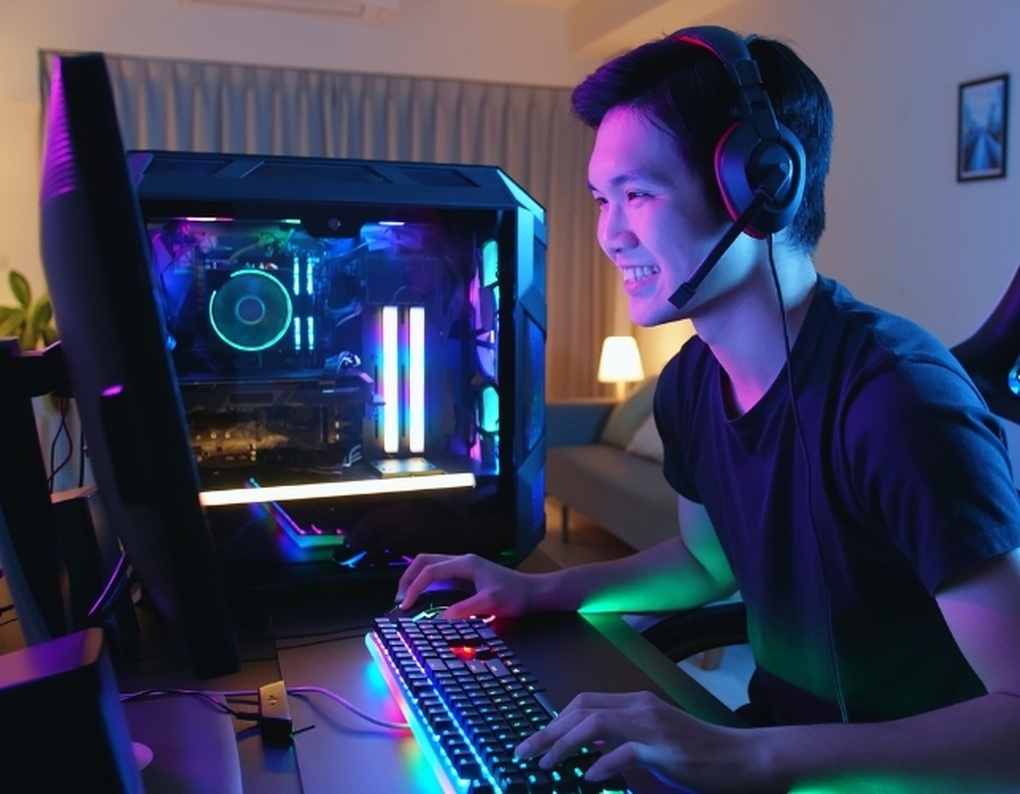
Research shows that in every creative field, participants' brains appear "younger" than their actual age. Tango dancers have brains that are about seven years younger; musicians and painters are five to six years younger; and gamers are about four years younger.
In a small experiment, non-professionals who trained for 30 hours in the strategy game StarCraft II also showed their "brain clock" turning back two to three years.
The longer one engages in the arts, the more pronounced the effects become, whether it's music , dance, painting, or video games. The brain regions responsible for concentration and learning, which typically age prematurely, remain more flexible and strongly connected.
Scientists have found that creativity helps protect brain regions prone to aging and enhances communication between regions, much like expanding the brain's "highway" system.
This finding shows that art and science are not opposed but complement each other: creativity both nourishes the spirit and improves biological health.
Research redefines innovation as a “biological therapy” that helps slow down the aging process, opening up possibilities for application in education , public health, and aging societies.
Source: https://dantri.com.vn/khoa-hoc/nhung-hoat-dong-dac-biet-hieu-qua-de-giu-bo-nao-luon-tre-trung-20251030040422081.htm








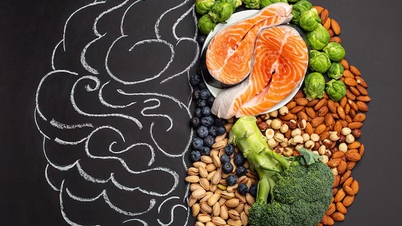

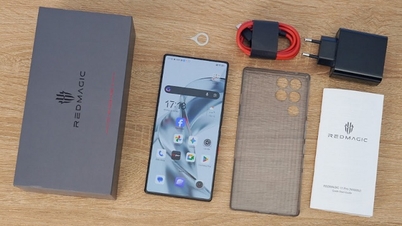

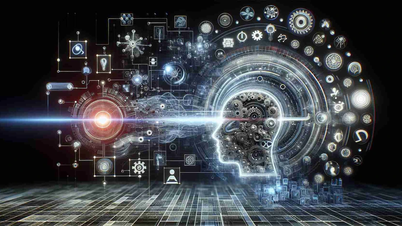

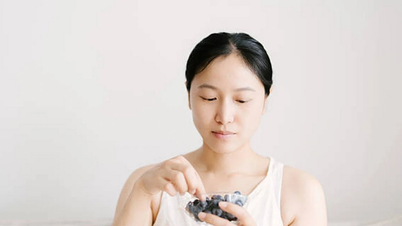

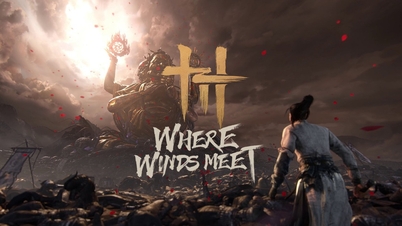



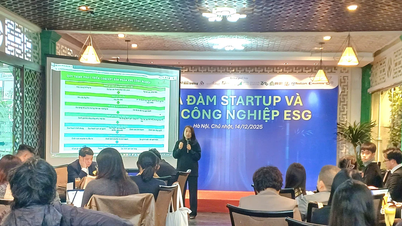










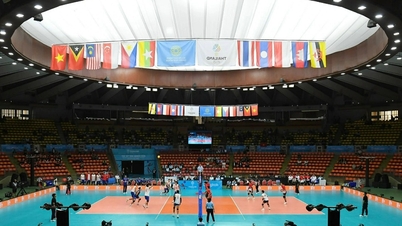


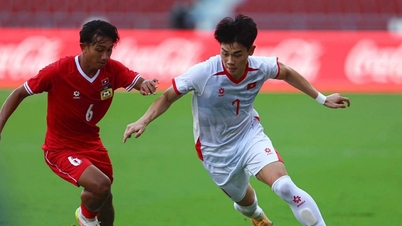

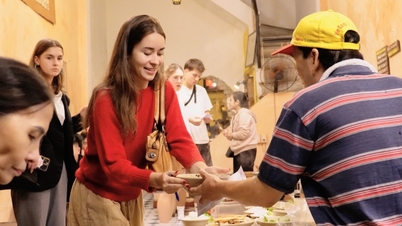



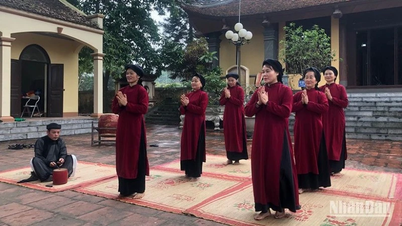
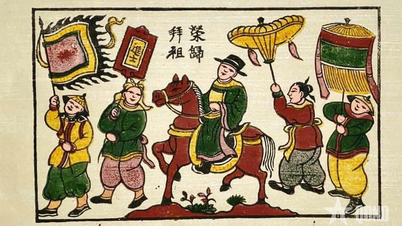

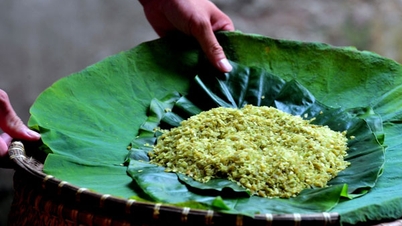

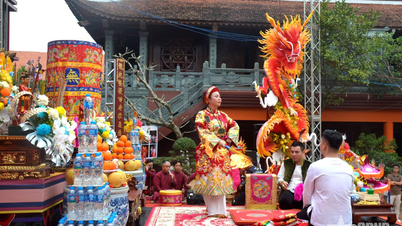


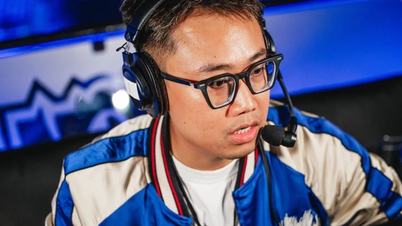

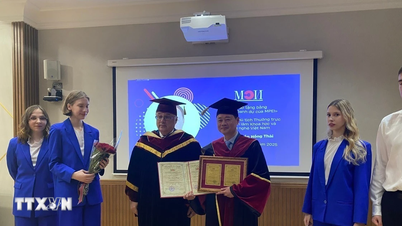

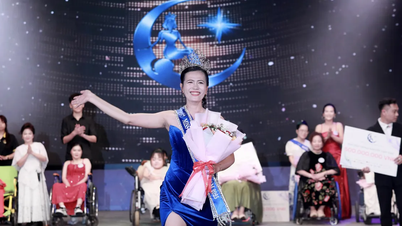
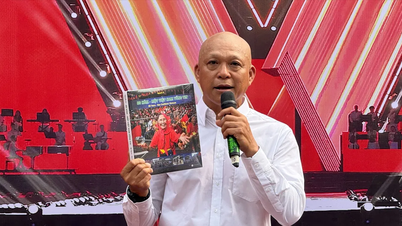















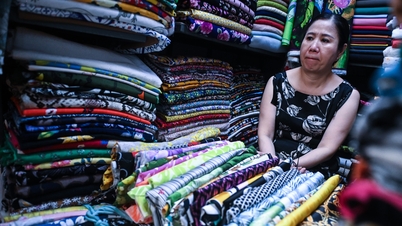




































Comment (0)